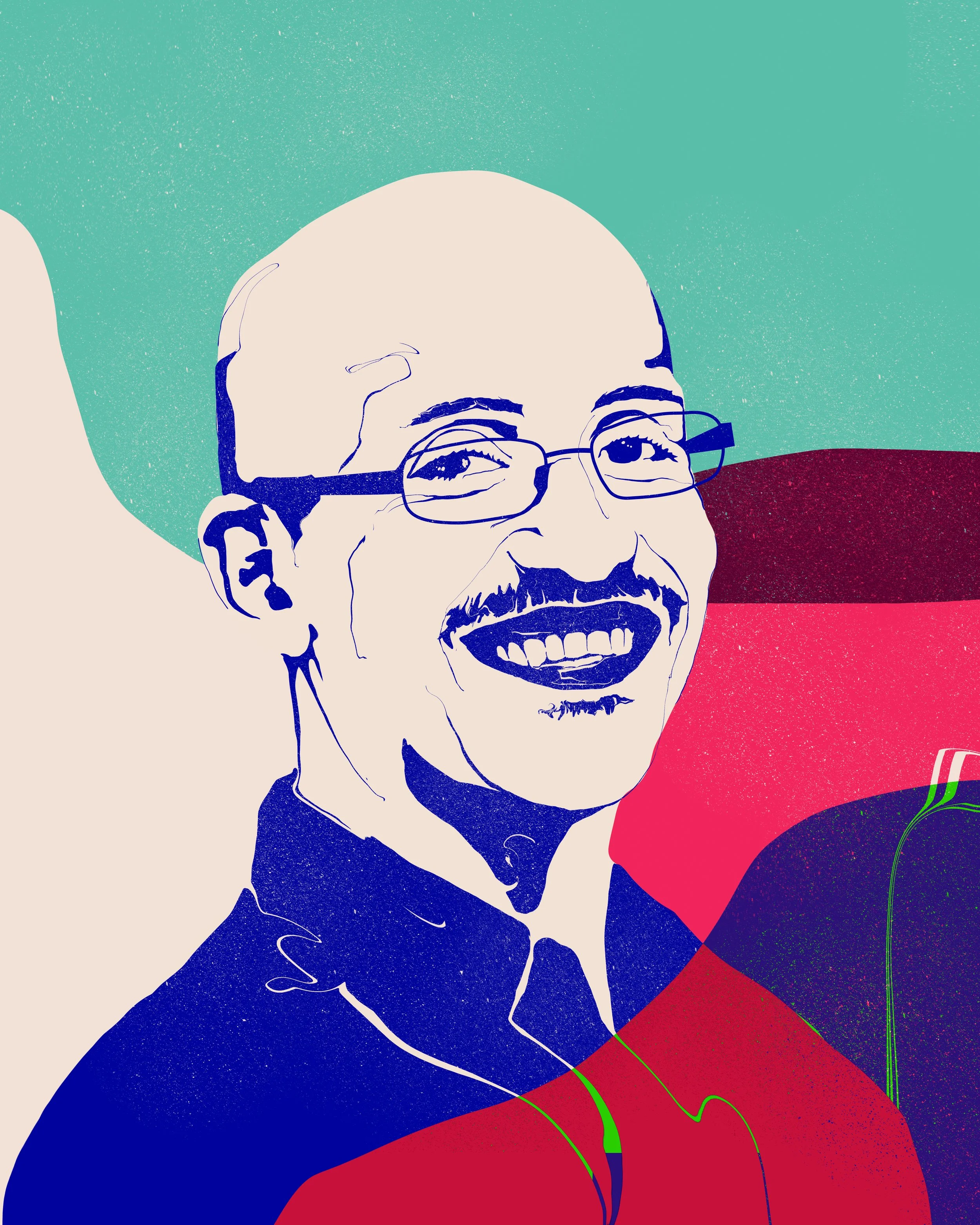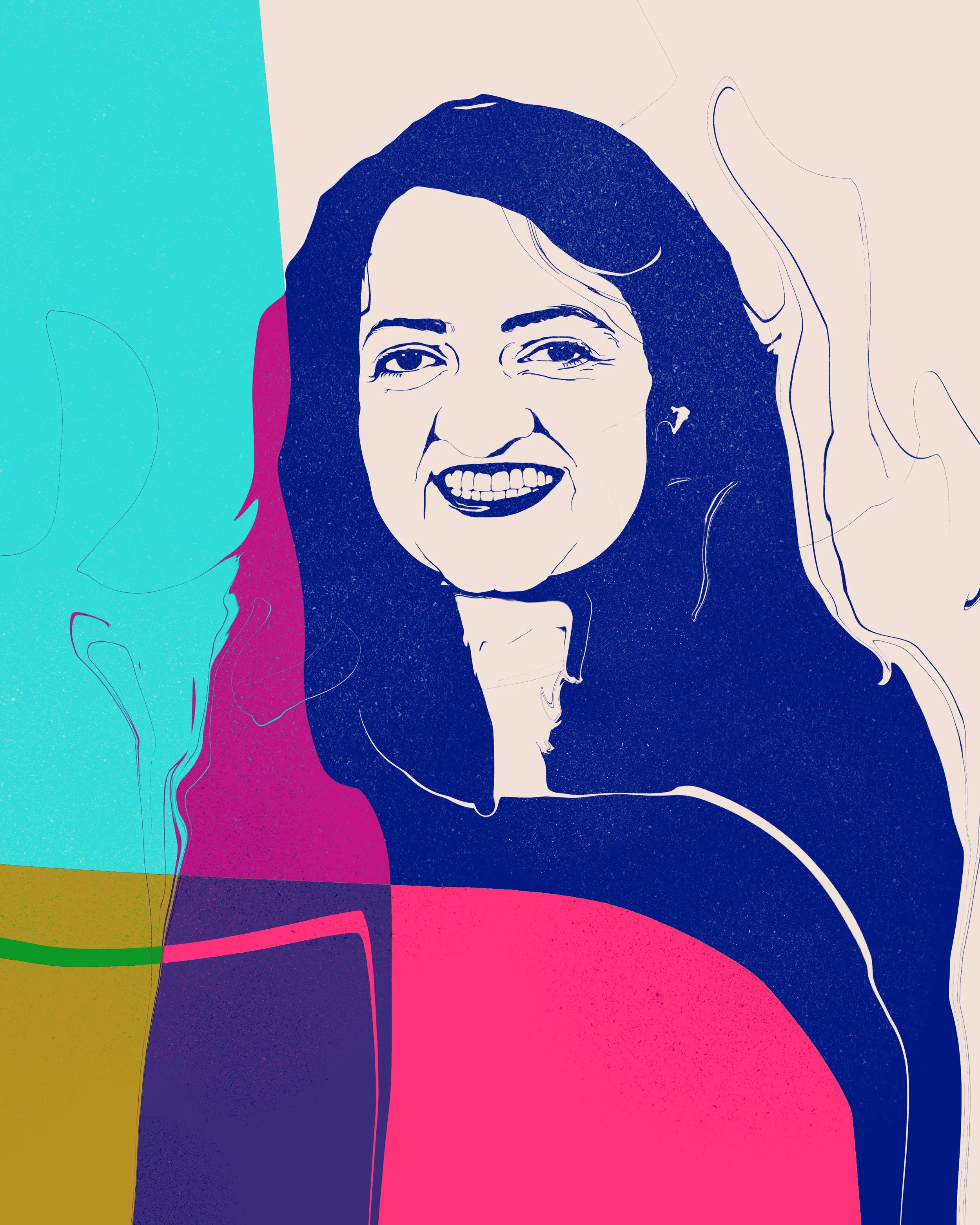So many science stories are about findings — this show is about people.

Our first audio series profiles scientists who are risking their careers, their reputations and even their lives to discover something new. Hear from some of the boldest, most-influential researchers alive today – we’re asking them personal questions they don’t often get asked: what motivates you, how does it feel to be out on a limb, and what keeps you from playing it safe?
Winner of the 2025 AAAS Kavli Science Journalism Gold Award for Audio
-
![]()
Ep. 1 "I Was Considered a Nobody"
Biochemist Katalin Karikó spent decades experimenting with mRNA, convinced that she could solve the problems that had kept it from being used as a therapeutic. Her tireless, methodical work was dismissed and she was ridiculed. But that work laid the foundation for the rapid development of COVID-19 vaccines that saved millions of lives, and was recognized by a Nobel Prize in 2023. Kati shares her secret weapon for dealing with stress and naysayers. Plus, neurologist David Langer describes Kati’s exacting research style, and her daughter, Olympic gold medalist Susan Francia, reveals the life lessons that led them both to the winner’s circle.
-
![]()
Ep. 2 "The Volcano Whisperer"
As a teenager living in St. Vincent, Richie Robertson saw first-hand what a volcanic eruption did to life on the island. Forty years later, he’s the scientist the community turned to when the same volcano roared back to life. Richie’s colleague Stacey Edwards of the UWI Seismic Research Center, explains how Richie earned the trust of the community, and why it was important to have a Vincentian leading the way in a crisis.
-
![]()
Ep. 3 "This Is Going To Kill Your Career"
Betül Kaçar started her scientific career as a biochemist, working on an enzyme found in zebrafish. But then she found her calling: investigating some of the hardest questions in evolutionary biology by resurrecting ancient life forms. NASA administrator Melissa Kirven-Brooks recalls the fellowship application that put Betül on her radar. And evolutionary biologist and geneticist Harmit Malik weighs in on what makes Betül’s project so hard, and why he’s kind of jealous he didn’t think of it first. Betül previously received a Hypothesis Fund Award for her groundbreaking research.
-
![]()
Ep. 4 "Be Bold or Just Don't Do It"
As a young plant scientist Joanne Chory shook up the research establishment with her unconventional approach to figuring out how plants work. Her methods and success changed the field, and led her to her biggest project yet – tackling climate change, with the help of millions of plants. Colleagues Steve Kay, Detlef Weigel and Jennifer Nemhauser describe what made Joanne outstanding in the field of plant scientists. Plus Joanne’s sister, Mary Ann Chory, describes their early family life and the sibling relationships that shaped them. Joanne Chory died in November 2024 at age 69 from complications due to Parkinson’s disease.
-
![]()
Ep. 5 "A Scientist's Quest to See Every Organism on Earth"
Manu Prakash is many things – biologist, engineer, inventor, philosopher – but what he isn’t is conventional. Following his instincts has led Manu to his most ambitious project yet – to map the whole tree of life, with the help of everyone on this planet. Step one: make a cheap microscope anyone can use. Foldscope co-inventor Jim Cybulski describes their invention, and their dream to supply millions of microscopes to the masses. Manu has been recognized by the Hypothesis Fund as a Scout for his bold science and enabling others to pursue their big ideas.
-
![]()
Ep. 6 "Garbage in, Garbage Out"
Biochemist Virginia Man-Yee Lee has spent a lifetime in the lab, figuring out what happens in the brains of people with neurodegenerative diseases. She’s made key discoveries about Parkinson's, ALS, and Alzheimer's. Neurologist Ken Kosick reflects on the early days of Alzheimer’s research, and neurologist Alice S. Chen-Plotkin, a former postdoc in Virginia’s lab, gives us a fly-on-the-wall look at the unusual research partnership between Lee and her husband John Trojanowski.
-
![]()
Ep. 7 "You Do Realize...That's Impossible"
Physicist Suchitra Sebastian may have discovered a new state of matter. But the hardest part of the work was reporting her findings.
As a grad student, Suchitra Sebastian wasn’t sure she wanted to be a physicist. But when one of her experiments gave an unexpected result, she was hooked. Suchitra’s former PhD student Beng Sing Tan describes the late night experiments that led to an “impossible” finding – a potentially new state of matter. Theoretical physicist Piers Coleman tells us about working on the edges of a scientific field, and what happens when a new theory ruffles old feathers.
-
![]()
Ep 8. "Mars? It Was a Miracle We Got to Florida"
Geologist Steve Squyres risked his career and millions of dollars to get two rovers roaming on Mars. But the mission almost didn’t make it to the launch pad. Steve and NASA engineer Jennifer Trosper describe the many obstacles the team faced in getting Spirit and Opportunity ready, from ripped parachutes to fuzzy camera feeds, and the problem solving it took to safely land the twin vehicles on Martian soil.
-
![]()
Episode 9. "Everything Else Is Boring"
In both her life and her work, Karmella Haynes has never followed the pack. Karmella explains why she created her own area of research at the intersection of synthetic biology and epigenetics. Emory colleague David Katz weighs in on the challenges Karmella faces in pioneering a new research field. Plus Karmella’s sister Sherrone Wallace fills us in on their family life, and how their father raised them to inhabit spaces that weren’t always welcoming. Karmella has been recognized by the Hypothesis Fund as a scout for her bold science and enabling others to pursue their big ideas.
-
![]()
Episode 10. "And Then The Sub Went Silent"
Oceanographer Victoria Orphan’s dream was coming true. She was sitting in the Alvin submersible, on one of its deepest science dives ever. But the trip was anything but smooth sailing. Victoria takes us inside the sub, where her dream turns nightmarish as things start to go wrong, and Alvin pilot Nick O’Sadcia works frantically to troubleshoot. Oceanographer Shana Goffredi, who’s also Victoria’s wife, tells us about the tense scene unfolding on the ship miles above, as they wait for word from the sub.











